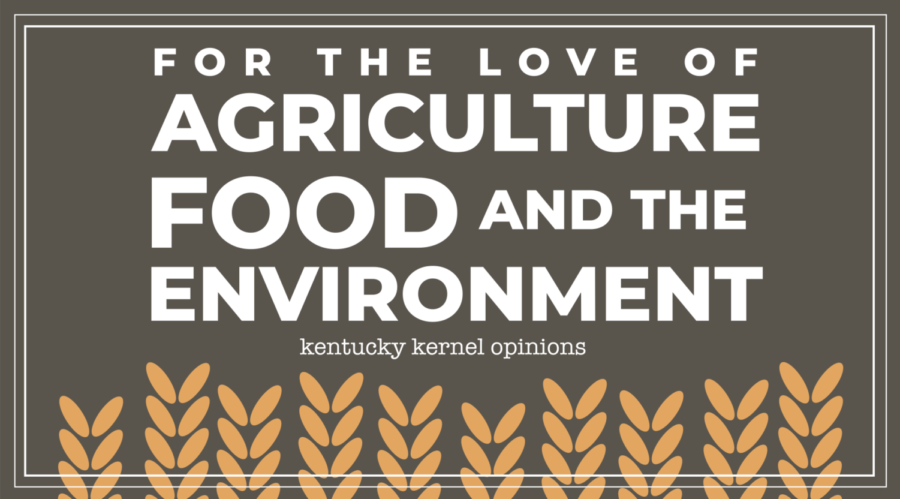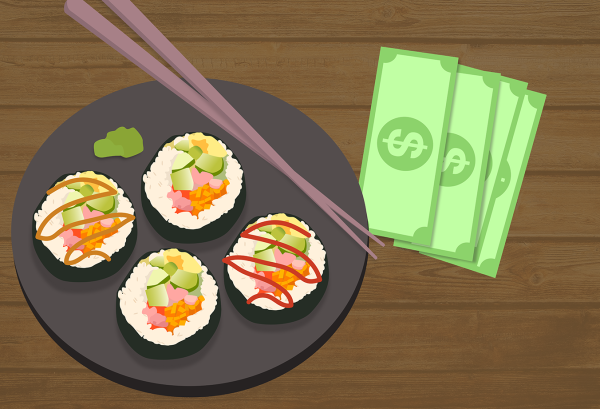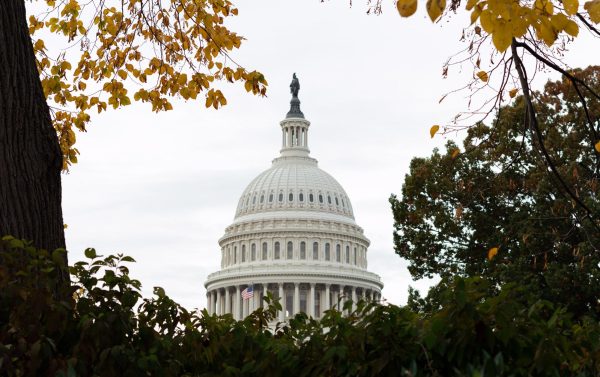Don’t be rude, save your food: Creatively reducing food waste this holiday season
December 16, 2019
Now that Thanksgiving and the month of November are over, the holiday-crazed Cindy Lou Who’s of the world are finally allowed to openly blast Christmas music and decorate their Christmas trees free of shame.
Even though this main holiday built around food is over, we are far from the finish line when it comes to decadent dinners with family and celebratory parties with friend—we are still moving through the Christmas season and the New Year. While you’re preparing a side dish for a friend’s party, bear in mind the amount of food waste you’re producing.
Agricultural practices have been molded and shaped over time to produce the greatest amount of food possible. Although this is an impressive feat in human history, the attractiveness of high productivity has made it difficult for people to keep the planet and waste management in mind.
Producing a surplus of food, as our current agriculture system does, results in enormous amounts of food waste. More than “one third of all available food [in the United States] goes uneaten through loss or waste” according to the USDA. This translates to the loss of “approximately 133 billion pounds and $161 billion worth of food in 2010.”
Most of this wasted food is sent to landfills, where it is deprived of the required oxygen to decompose properly and instead contributes to climate change by producing methane, a greenhouse gas 30 times more potent than carbon dioxide.
Needless to say, there is a lot that needs to be done to mitigate food waste. Luckily, we have several food waste initiatives on campus. Campus Kitchen, which I mentioned in a previous “For the love of food” article, focuses on food waste-reduction to partially alleviate hunger on campus.
The University of Kentucky has also recently implemented their own food waste management and composting system through a partnership with UK Dining, UK Recycling, and the College of Agriculture, Food, and Environment. Composting diverts wasted food from the landfill and allows it to decompose aerobically, releasing carbon dioxide instead of methane. As a fun, full-circle bonus, compost is liquid gold as natural fertilizer in gardens.
Although there is a lot of notable work being done in Lexington and on campus to address food waste, there is also much to be done on a consumer-level. Keep the EPA’s food recovery hierarchy in mind by focusing on source reduction and allocating waste to alleviate hunger.
You have the power to fill your plate with only what you need and to purchase only what you will eat.
You have the power to get creative with the bits of food that you normally throw out mindlessly.
Consider using carrot tops in salads, boiling a whole chicken to cook the meat (and get the added bonus of homemade broth) or throwing the tops of strawberries in your smoothies. Take some responsibility for your personal food waste, and if you want to take it a step further, get involved in your campus community.
Volunteer with Campus Kitchen or pitch a food waste initiative to the Student Sustainability Council for funding to get you started.
For the love of agriculture, food, and the environment is a monthly column by UK’s The Food Connection intern, Kelly Walker. Read last month’s column here.



























































































































































